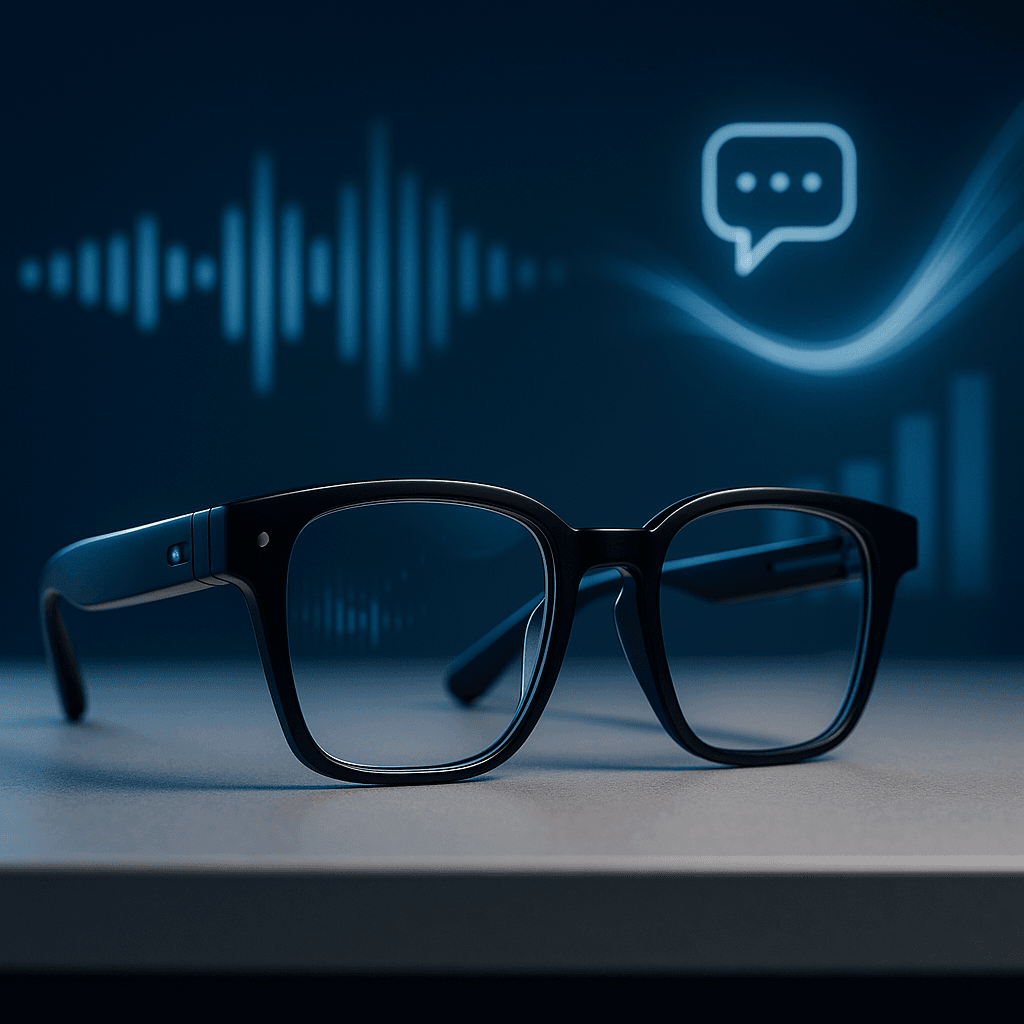The VR industry's most successful founder is betting big on voice AI. Brendan Iribe, who built Oculus into a $2 billion acquisition by Facebook, just secured $250 million for Sesame, his conversational AI startup developing smart glasses that respond to natural speech. The Series B round from Sequoia Capital and Spark Capital positions Sesame to challenge Meta's own AR ambitions with technology that early testers are calling 'genuinely fun.'
The smart glasses wars just got a heavyweight contender. Sesame, the conversational AI startup led by former Oculus co-founder and CEO Brendan Iribe, announced a $250 million Series B round Tuesday while simultaneously opening beta access to its voice-powered AI companion.
The timing isn't coincidental. As Meta doubles down on expensive VR headsets and Apple stumbles with its $3,500 Vision Pro, Sesame is pursuing a different strategy: lightweight glasses you'd actually want to wear, powered by AI voices so natural they feel human.
"The experience was unlike anything we'd used before," Sequoia Capital wrote in a blog post explaining their investment. "Sesame's conversational layer felt different. It doesn't just translate LLM output into audio—it generates speech directly, capturing the rhythm, emotion, and expressiveness of real dialogue."
That's not marketing speak—the numbers back it up. When Sesame emerged from stealth in February with AI voices named "Maya" and "Miles," over a million people accessed the demos within weeks, generating more than five million minutes of conversation. The Verge called the experience "genuinely fun" and "natural-sounding" after hands-on testing.
Iribe isn't starting from scratch. His founding team reads like an Oculus reunion: co-founder Nate Mitchell serves as Chief Product Officer, former COO Hans Hartmann (who also led operations at Fitbit) runs day-to-day operations, and Reality Labs engineering director Ryan Brown leads technical development. The roster also includes longtime Facebook and Meta executive Angela Gayles.
This hardware expertise matters enormously. While AI voice assistants have improved dramatically, wearable implementations remain clunky. Amazon's Echo Frames flopped, Google Glass became a cautionary tale, and even Meta's Ray-Ban collaboration focuses more on cameras than conversation.












